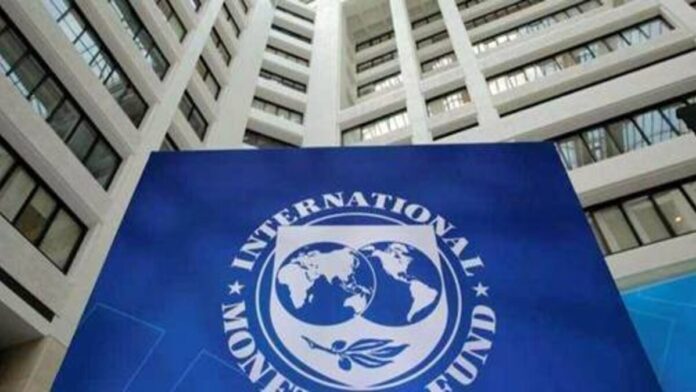The government is set to amend the Civil Servants Act by the end of February to meet a key International Monetary Fund (IMF) structural benchmark, requiring senior public officeholders (BS-17 to 22) to declare their assets, The News reported.
The amendment will mandate digital filing and public accessibility of these declarations through the Federal Board of Revenue (FBR), with a risk-based verification framework managed by a single authority.
The government has assured the IMF that the asset declaration system will be digitized and enforced through parliamentary legislation, ensuring compliance with anti-corruption and transparency measures.
The IMF has long identified corruption, red tape, and weak governance as major structural barriers to Pakistan’s economic development. To counter these, Pakistani authorities have sought IMF assistance in conducting a governance and corruption diagnostic, committing to publishing the report along with an action plan by July 2025.
The government also plans to enhance the independence and effectiveness of the National Accountability Bureau (NAB), contingent on an upcoming Supreme Court ruling on its operational framework. Legislative amendments may be introduced to strengthen NAB’s investigative powers and its ability to collaborate with provincial anti-corruption bodies.
To ensure financial oversight, the State Bank of Pakistan (SBP), FBR, and Financial Monitoring Unit (FMU) will continue supporting banks in accessing asset declarations of senior public officials for anti-money laundering (AML) and countering financing of terrorism (CFT) compliance.
A new digital portal will be launched by September 2025 to streamline banks’ requests for such data.
The implementation of these reforms is critical for Pakistan’s compliance with the IMF program and will be closely monitored in the upcoming March review talks. The government remains optimistic that meeting these conditions will help secure further disbursements under the $7 billion IMF loan program.
























